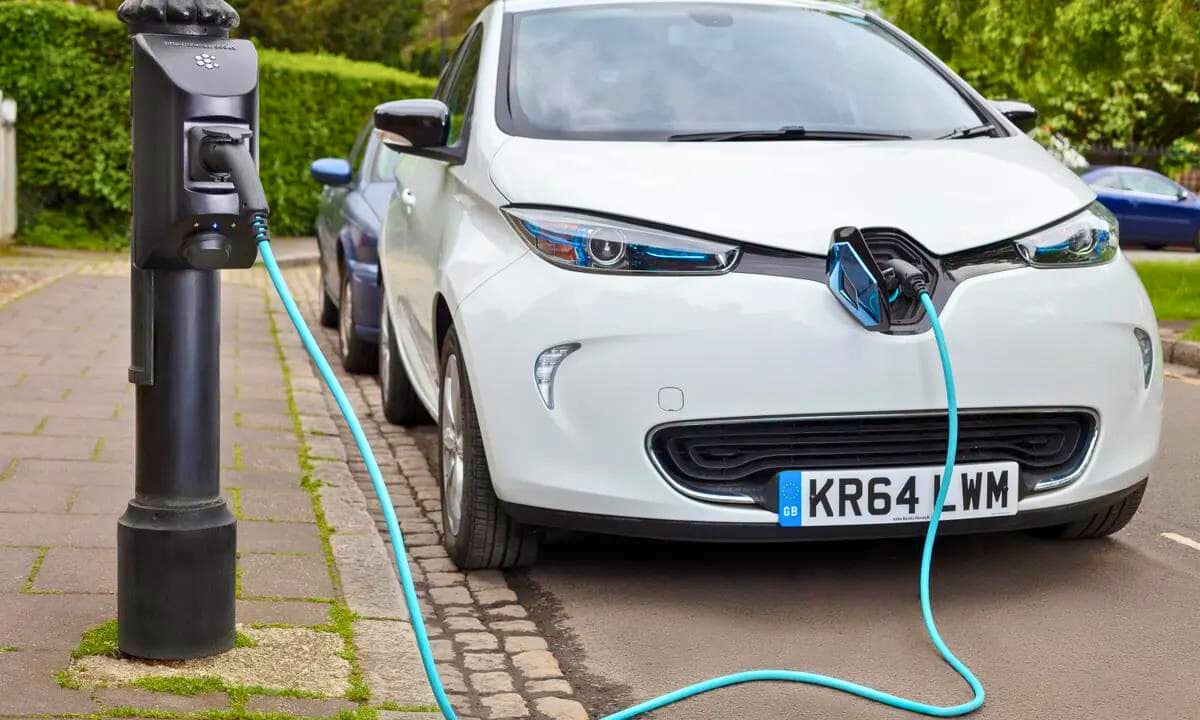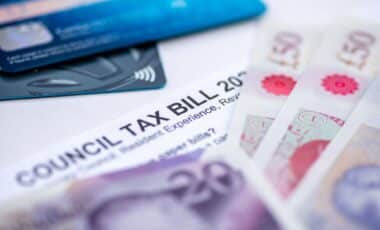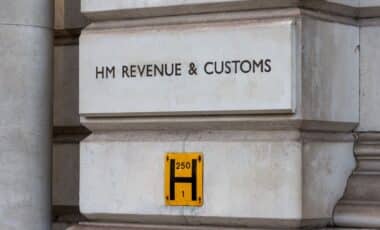Vehicle taxation reforms are being debated by industry experts as a historic move to equalize the playing field between EVs and conventional petrol and diesel cars. While the rules address the growing number of EVs on the road, they also raise questions about their impact on sustainability goals and consumer adoption.
Vehicle Tax Changes to Impact Electric Cars for the First Time
A significant change in the UK’s approach to car taxation will occur in April 2025 when electric vehicles will no longer be exempt from paying car Excise Duty. All EVs registered on or after April 1, 2025, will be required to pay a nominal first-year charge of £10 under the new regulations. The rate rises to the regular yearly fee of £195 starting in the second year.
Existing electric cars will also be affected. Older electric cars registered between 2001 and 2017 will pay £20, while those registered between April 2017 and March 2025 will switch to the normal cost of £195.
Regular updates on these modifications have been released by the Driver and Vehicle Licensing Agency (DVLA), which has emphasized that they apply to both new and used automobiles. In order to balance revenue streams in the face of the growing popularity of electric vehicles, the government has decided to eliminate tax breaks for EVs.
| Registration Date | Tax Rate |
|---|---|
| Registered on or after April 2025 | £10 (First year), £195 (Standard rate) |
| April 2017 – March 2025 | £195 |
| March 2001 – March 2017 | £20 |
Hybrids and Alternative-Fuel Vehicles Also Face Changes
Hybrid and alternative-fuel vehicles (AFVs) will see their tax discounts removed as part of the new measures. The £10 annual discount, previously applied to these cars, will be discontinued. Tax rates will instead depend on the vehicle’s registration date and CO2 emissions.
For hybrid and AFVs registered before April 2017, tax calculations will rely on emissions’ data. Cars registered after this date will default to the standard £195 rate. The government’s rationale for these changes is to streamline the taxation system, aligning it with traditional vehicles to ensure fairness.
Although these changes mark a sea change for environmentally friendly cars in the UK, opinions on them are divided. Concerns regarding the possible deterrent effect on customers wishing to convert to electric and hybrid vehicles have been raised by industry professionals. In reaction to the upcoming changes, calls for government assistance to defray upfront costs—such as updating EV subsidies or increasing zero-emission thresholds—have gathered steam.









